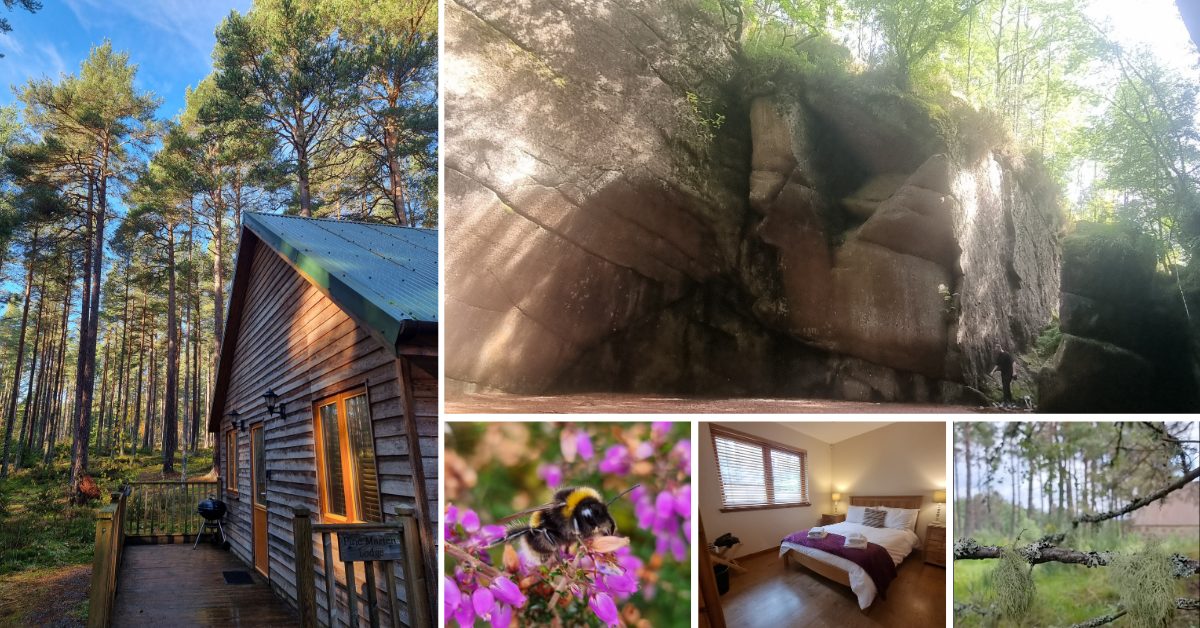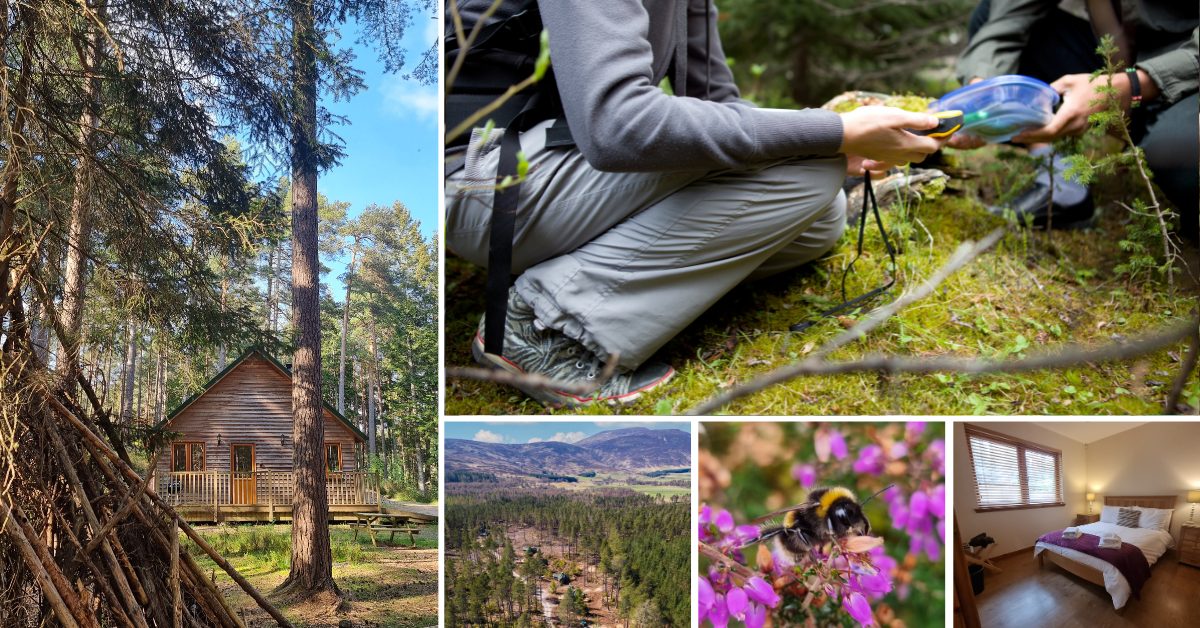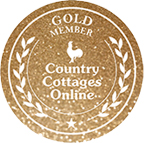Spectacular castles in the heart of the Highlands.
History is writ large here. Ancient sites and symbols mark this as a heartland of the ancient Picts. In the millennia that followed, no fewer than 300 castles were planted here. There are more castles per square mile in Royal Deeside than in any other part of Scotland, including cliff top Dunnottar now open to the elements, and Balmoral the Scottish home of the British Royal Family.
To help you decide which ones to visit, the ones listed below are just a few suggestions. History is writ large here and we love the history of our place which has experienced centuries of turbulent history, rebellions and uprisings. Immerse yourself in the history and you will really start to understand this special place.
Braemar Castle
Braemar Castle, Braemar, AB35 5XR
Built in 1628 by the Earl of Mar, Braemar Castle has been home to some most colourful characters and has played a significant part in Scottish History. The castle overlooks the River Dee and has views up towards the mountain passes of Glen Clunie, The Lairig Ghru and down Deeside, thus making it an excellent spot for The Earl to survey his lands and all who passed through them. This castle replaced a much older royal castle, Kindrochit, built by Malcolm Canmore in the 11th century. Recent stabilisation work at Kindrochit has revealed what is possibly the oldest stone-built castle in Scotland. The ruins of Kindrochit Castle can be seen today in the village.
The Braemar Castle guides will bring the past to life and if you’re really lucky a ghost may make an appearance. Situated in the heart of The Cairngorms National Park, in the most spectacular scenery, it is not hard to understand why Robert Louis Stevenson spent the summer of 1881 in the village of Braemar writing Treasure Island.
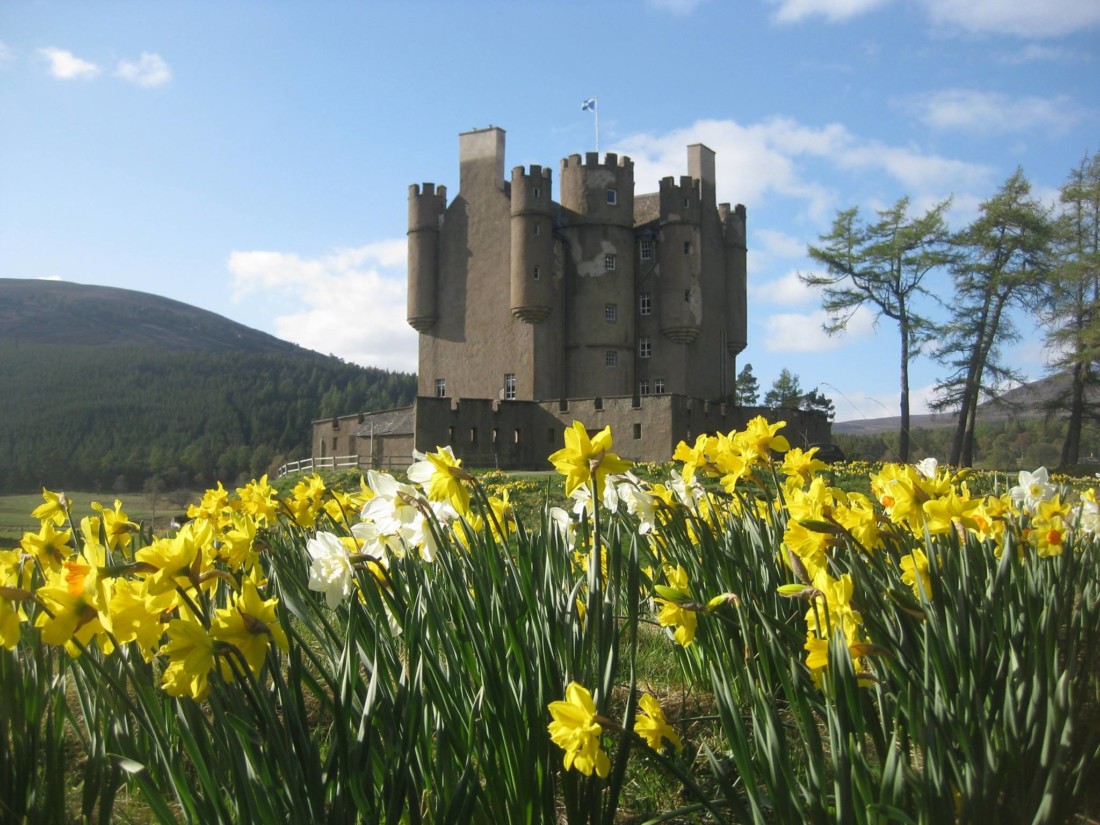
Craigievar Castle
Craigievar Castle, 6 miles south of Alford, AB33 8JF
Craigievar with its pink turrets and towers is certainly a fairytale Castle. Indeed it is said to be the inspiration behind Walt Disney’s fairytale castle that we see in all Disney films. Complete with resident ghost, Craigievar is perhaps the finest example of Scottish Baronial architecture. It remains largely as it was both inside and out when bought and upgraded with its iconic towers and turrets in 1626 by William Forbes.
The Castle is home to a beautiful collection comprising of original furniture, family paintings by Jameson and Raeburn, the foremost Scottish portrait artists, and an exquisite collection of 20th century ceramics collected by Cecilia, Lady Sempill. Entry is by guided tour which lasts about 1 hour, and there are quizzes for children.
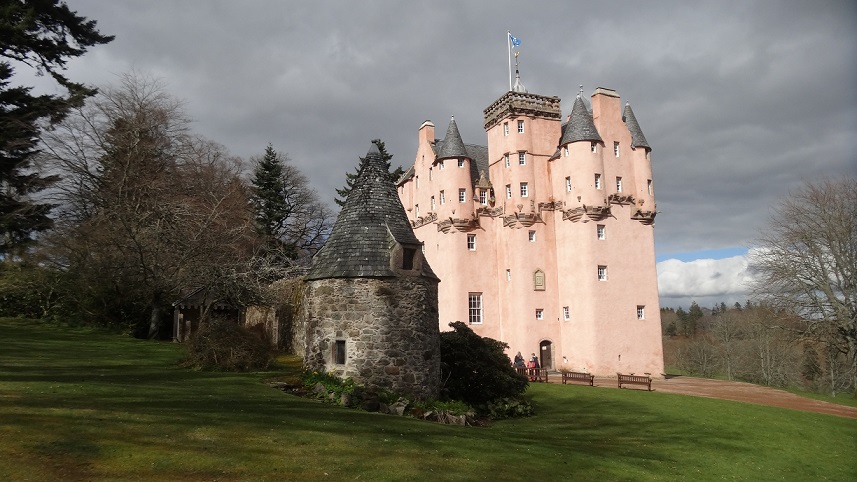
Balmoral Castle
Balmoral Castle, between Ballater and Braemar, AB35 5TB
Balmoral, the Scottish home to our Royal family since 1884, was described by Queen Victoria as “my dear paradise in the Highlands”. Queen Victoria dearly loved Balmoral and our current Queen is said to be at her happiest here – hence the area is known as Royal Deeside. Sitting beneath majestic Lochnagar, Balmoral really does “breathe freedom and peace”. Over 50,000 acres of heather moorland, ancient Caledonian pine forests and the snow fed River Dee make up this impressive Highland Estate.
When The Royal family aren’t in residence the grounds, gardens and exhibitions are open to the public.
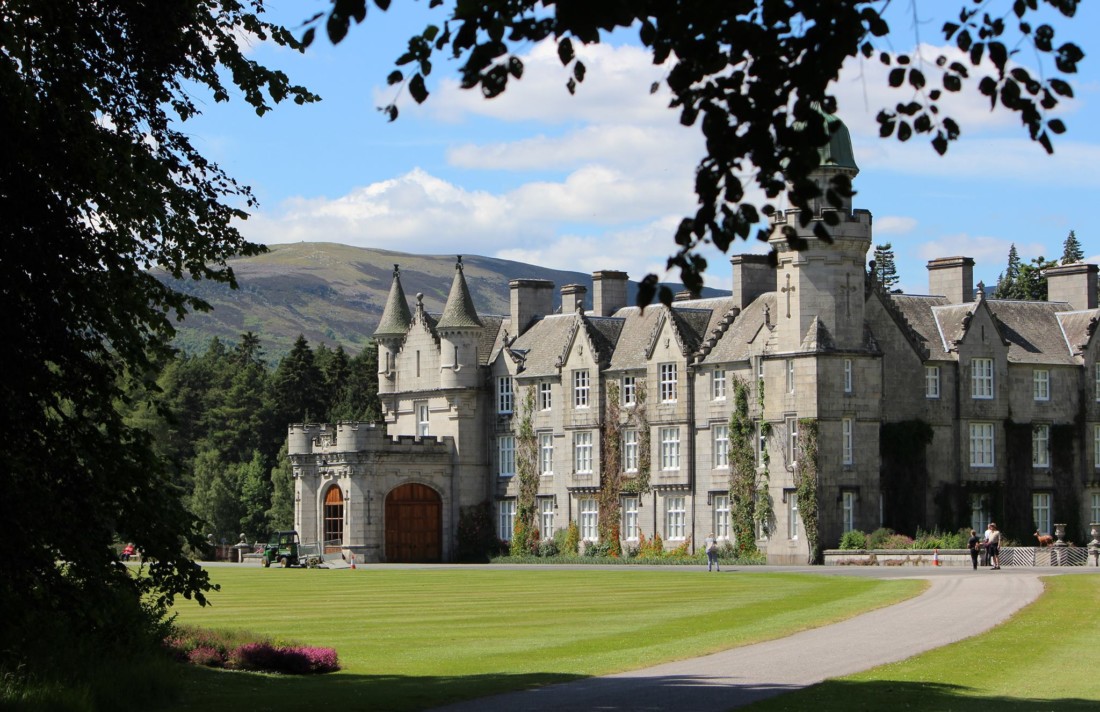
Crathes Castle
Crathes Castle, nr Banchory, AB31 5QT
Crathes Castle is an enchanting 16th-century tower house. As well as the Castle there are impressive formal gardens to visit and woodland walks to be enjoyed. The grounds of Crathes Castle also host Go Ape Tree Top Adventure – epic skateboard zip wires, so fun for all the family.
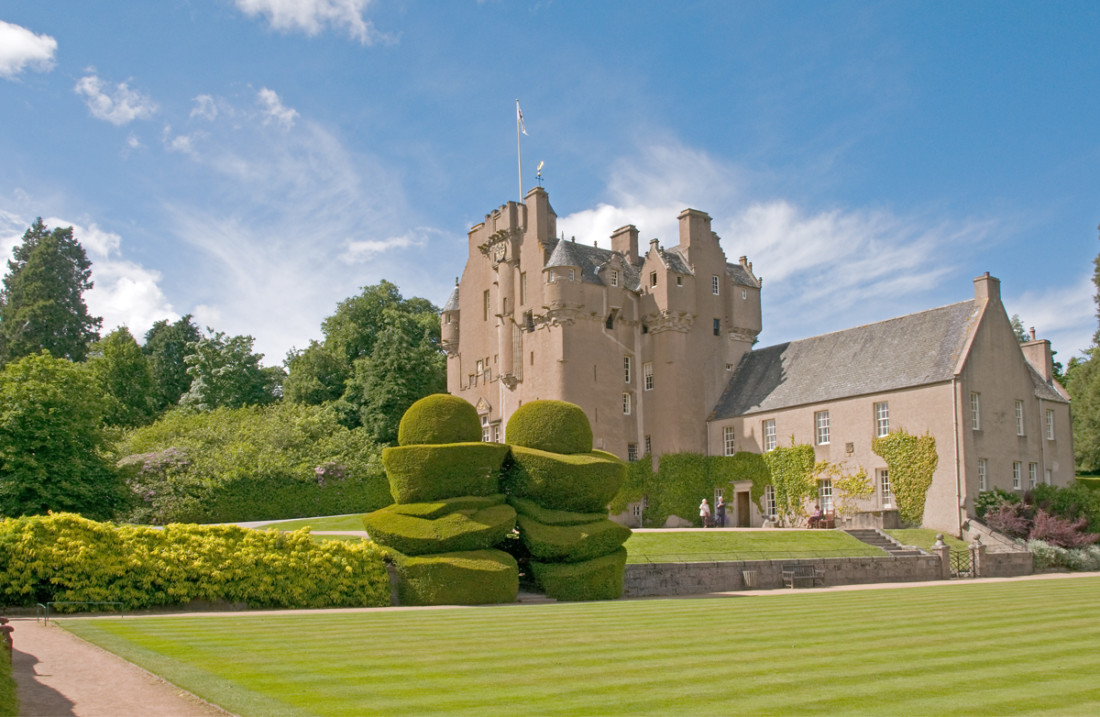
Dunnottar Castle
Dunnottar Castle, Stonehaven, AB39 2TL
Dunnottar Castle, open to the elements with precipitous drops to the sea below. A dramatic and evocative ruined cliff top fortress in a truly stunning setting.
As you wander around the extensive buildings – from the keep through the barracks, lodgings, stables and storehouses to the less-ruinous chapel and drawing room – you will discover the importance of Dunnottar, an impregnable Castle that holds many rich secrets of Scotland’s colourful past.
William Wallace, Mary Queen of Scots, the Marquis of Montrose and the future King Charles II, all graced the Castle with their presence. Most famously though, it was at Dunnottar Castle that a small garrison held out against the might of Cromwell’s army for eight months and saved the Scottish Crown Jewels, the ‘Honours of Scotland’, from destruction. Crown, sceptre and sword now take pride of place in Edinburgh Castle.
A darker chapter in the history of Dunnottar is that of the ‘Whig’s Vault’. The gruesome story of the imprisonment in 1685 of a group of Covenanters who refused to acknowledge the King’s supremacy in spiritual matters. The Castle was the home of the Earls Marischal once one of the most powerful families in the land. The last Earl was convicted of treason for his part in the Jacobite rising of 1715, and as a result his estates, including Dunnottar, were seized by the government.
The buildings were thereafter much neglected until 1925 when the 1st Viscountess Cowdray embarked on a systematic repair of the Castle. The Castle was officially made open to visitors thereafter. Dogs are welcome to accompany you on a trip to Dunnottar but must be kept on a lead.
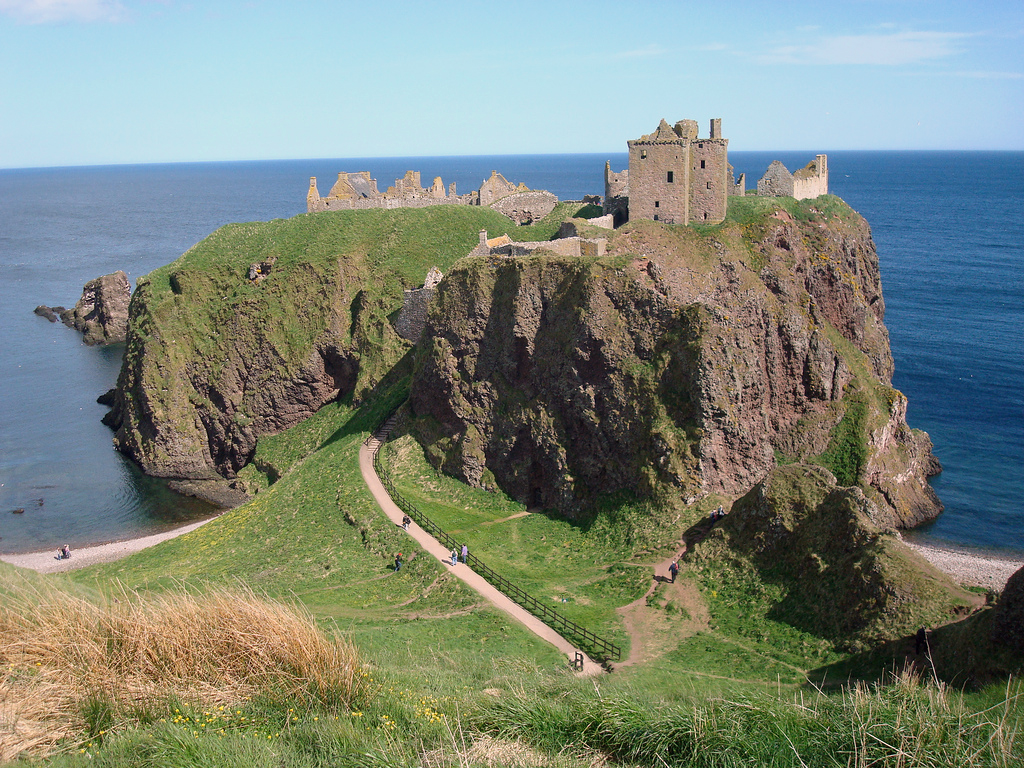
Freedom and Tranquility
Explore our 5 lodges set in mature woodlands in the Cairngorms National Park
Our guests say...
We absolutely loved our stay. Beautiful lodge,beautiful surroundings. We didn’t want to go home! Will definitely be back at some point.
Our guests say...
Fantastic lodges in a beautiful setting. Excellent and helpful staff, would highly recommend for a long weekend or week or two. I didn't want to leave.
Our guests say...
Cosy and great base for trail running, plenty of wildlife and chill time
Our guests say...
Stunning location to come and unwind in the piece and quiet with a warm log fire.
Accreditations & Memberships
Short Term Let Full License Number AS00911F
EPC Rating C



